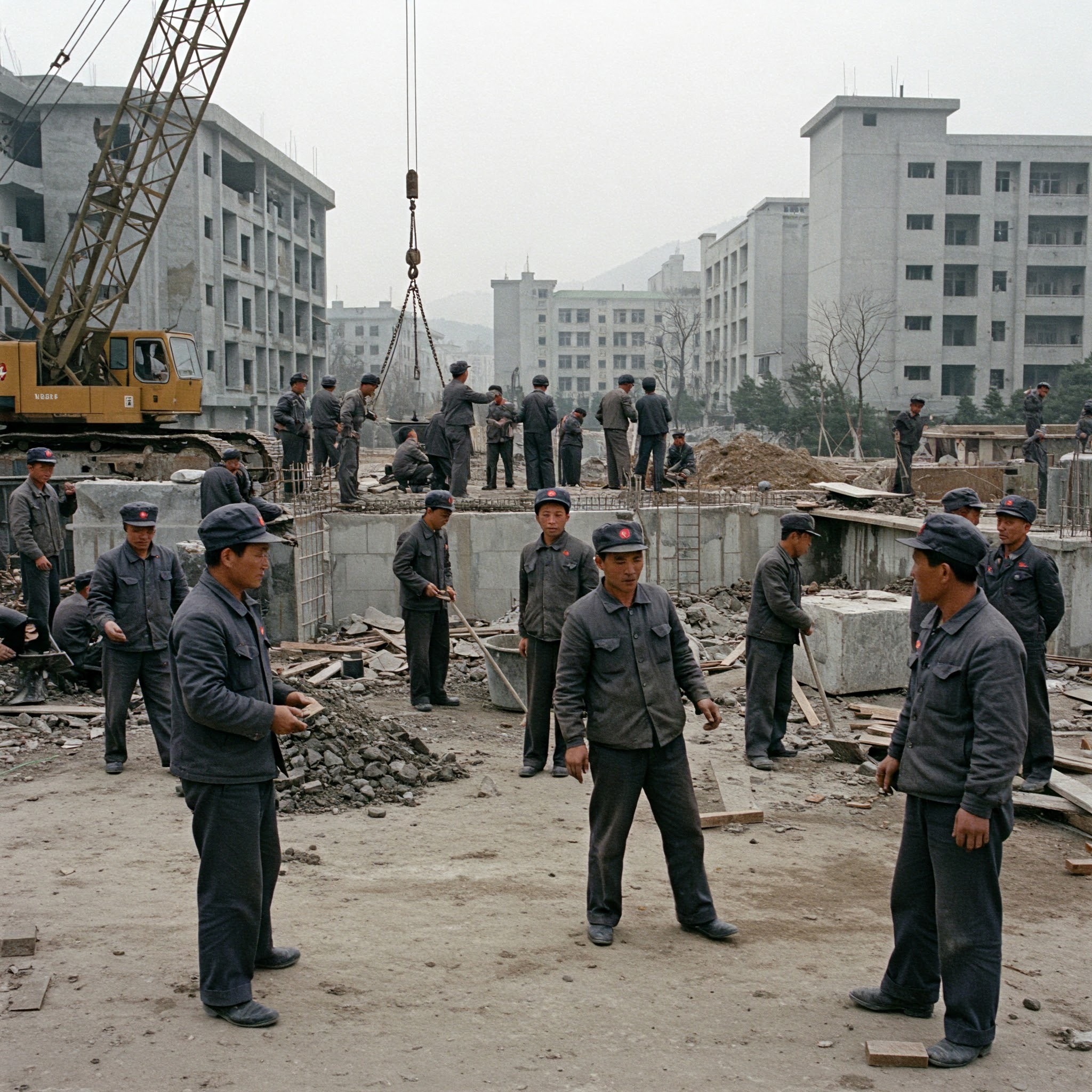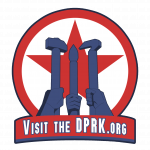WORK IN THE DPRK
Work in the DPRK operates within a system that is fundamentally different from capitalist societies. Rather than focusing on profit and individual gain, the state emphasizes collective productivity and the fulfillment of national goals. This guide will explore the structure of work in the DPRK, shedding light on how employment is organized, the roles of various sectors, and the impact of socialist principles on the workforce. In the DPRK, the government plays a central role in directing economic activity, with state-owned enterprises dominating most industries. People are assigned jobs based on the needs of the country, and there is a strong emphasis on contributing to the collective good. Unlike in capitalist societies, where career advancement is often driven by market forces and personal ambition, in the DPRK, promotions and job assignments are based on loyalty to the state and contributions to national projects.
The workday itself is highly structured, with a focus on discipline and efficiency. Labor is seen as both a civic duty and a means of supporting the country’s socialist ideals. This guide will also explore how the work culture in the DPRK differs from what you might find in capitalist economies, providing a unique perspective on labor, state control, and the role of work in shaping society. The workday itself is highly structured, with a focus on discipline and efficiency. Labor is seen as both a civic duty and a means of supporting the country’s socialist ideals. This guide will also explore how the work culture in the DPRK differs from what you might find in capitalist economies, providing a unique perspective on labor, state control, and the role of work in shaping society.


